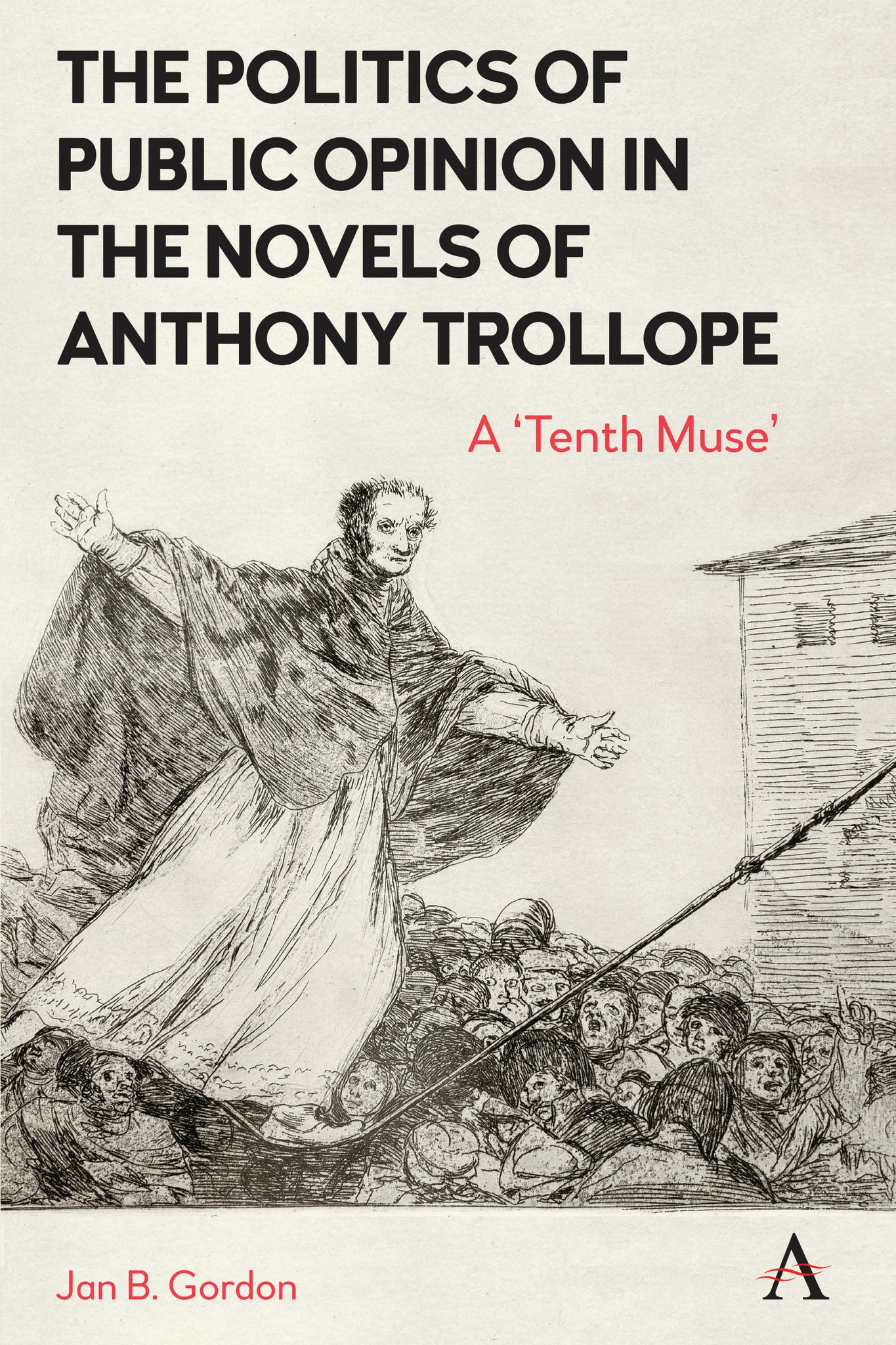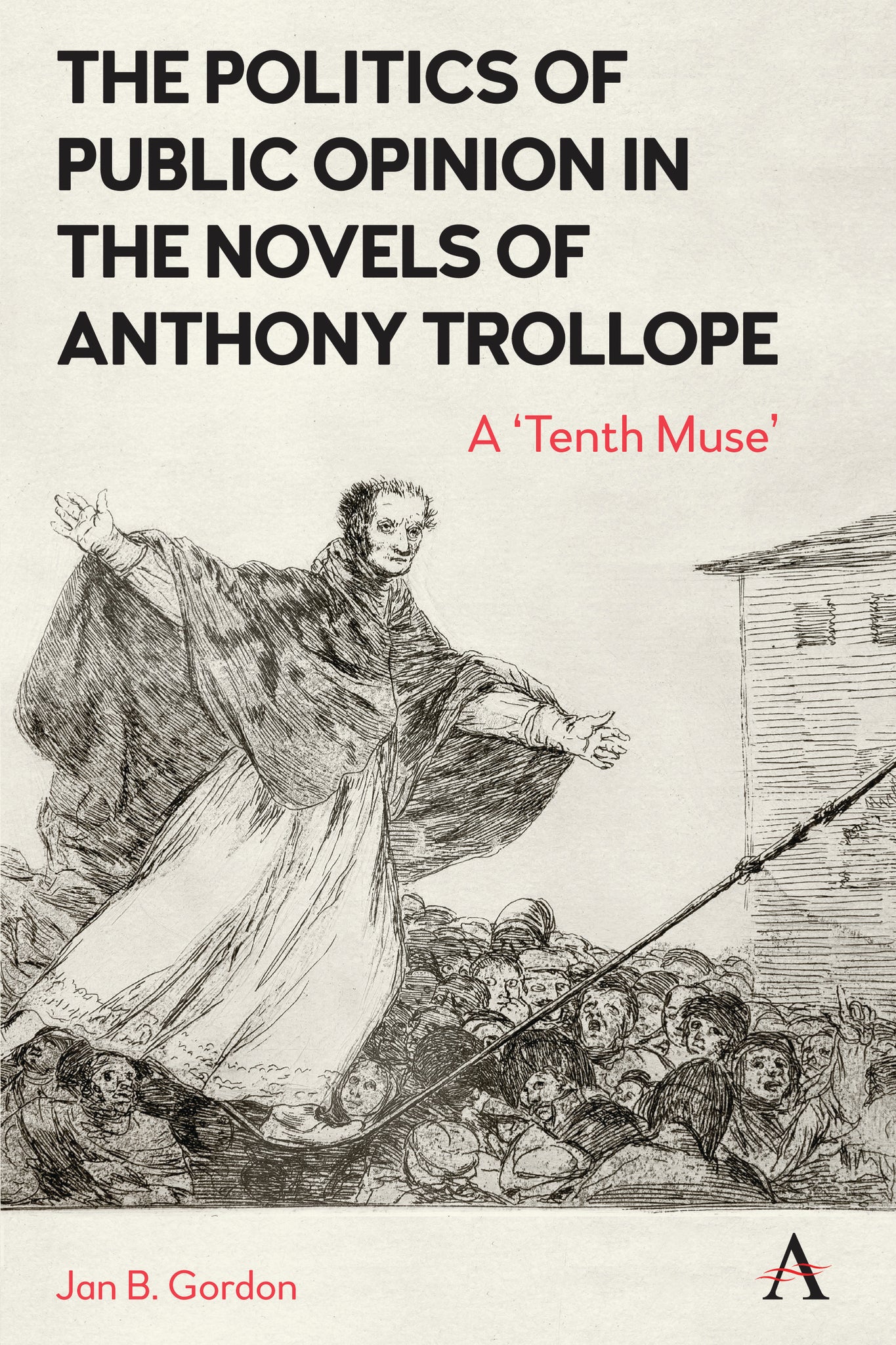We're sorry. An error has occurred
Please cancel or retry.
The Politics of Public Opinion in the Novels of Anthony Trollope

Some error occured while loading the Quick View. Please close the Quick View and try reloading the page.
Couldn't load pickup availability
- Format:
-
17 January 2023

Although “public opinion” has always existed, it becomes an acknowledged political subject in both the Oxford English Dictionary (1864) and the Barsetshire Chronicle and Parliamentary Novels of Anthony Trollope contemporaneously with 1) the penetration of the press into local issues and 2) the entire question of which “publics” were to be represented. Public opinion hence is a composite of parliamentary law-making as well as a kind of appellate division for society’s social (and judicial judgments), providing an alternative narrative. It differs from gossip in the nineteenth-century novel insofar as it contains no instruction manual (“don’t tell anyone, who told you but...”), but can be manipulated by a variety of new informational platforms to not merely impact, but constitute decision-making. Detached from any unitary authority and often anonymously narrated, public opinion, like the orphan-figure of nineteenth-century literature, is a discourse discontinuous from history, tradition, class alignments, and foundational origins to become a “law unto itself.”

POLITICAL SCIENCE / Political Ideologies / Democracy, Biography, Literature and Literary studies, LITERARY CRITICISM / General, PHILOSOPHY / Criticism, Society and Social Sciences, Law

"In The Power of Public Opinion in the Novels of Anthony Trollope, Jan Gordon offers a fascinating account of Anthony Trollope’s fiction, which is full of compelling insights into both the dynamics of public opinion and the power of story-telling" — James Eli Adams, Professor of English & Comparative Literature, Columbia University.
Preface: Overture to an Initial Public Offering; Chapter One The “Prosthetic Body” of Public Opinion in Barsetshire; Chapter Two Miming the Law; Chapter Three “Playing” the Opinion Market; Chapter Four The “Management” of Public Opinion in Trollope’s Bureaucracies; Chapter Five The Sugar; Index



